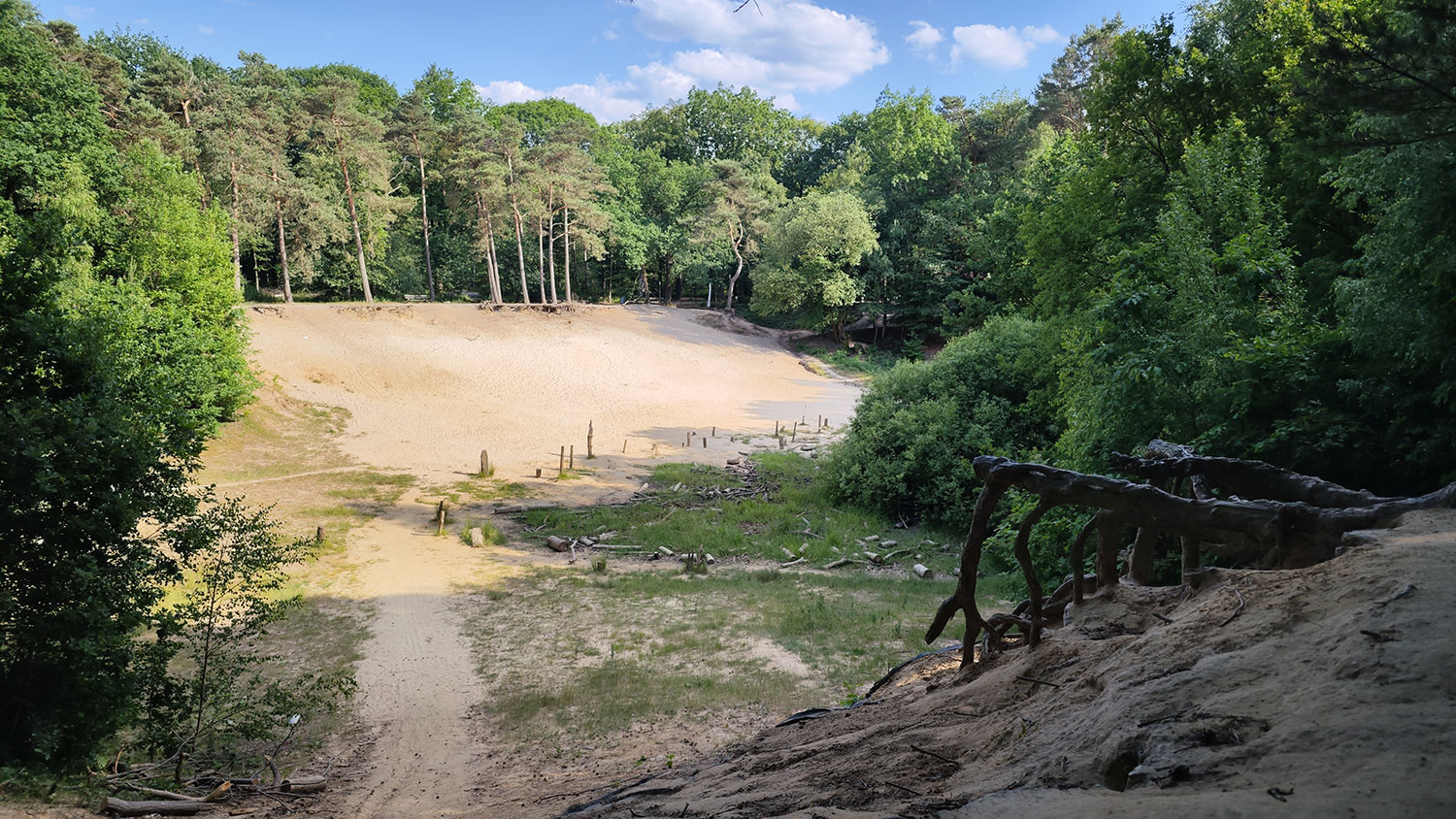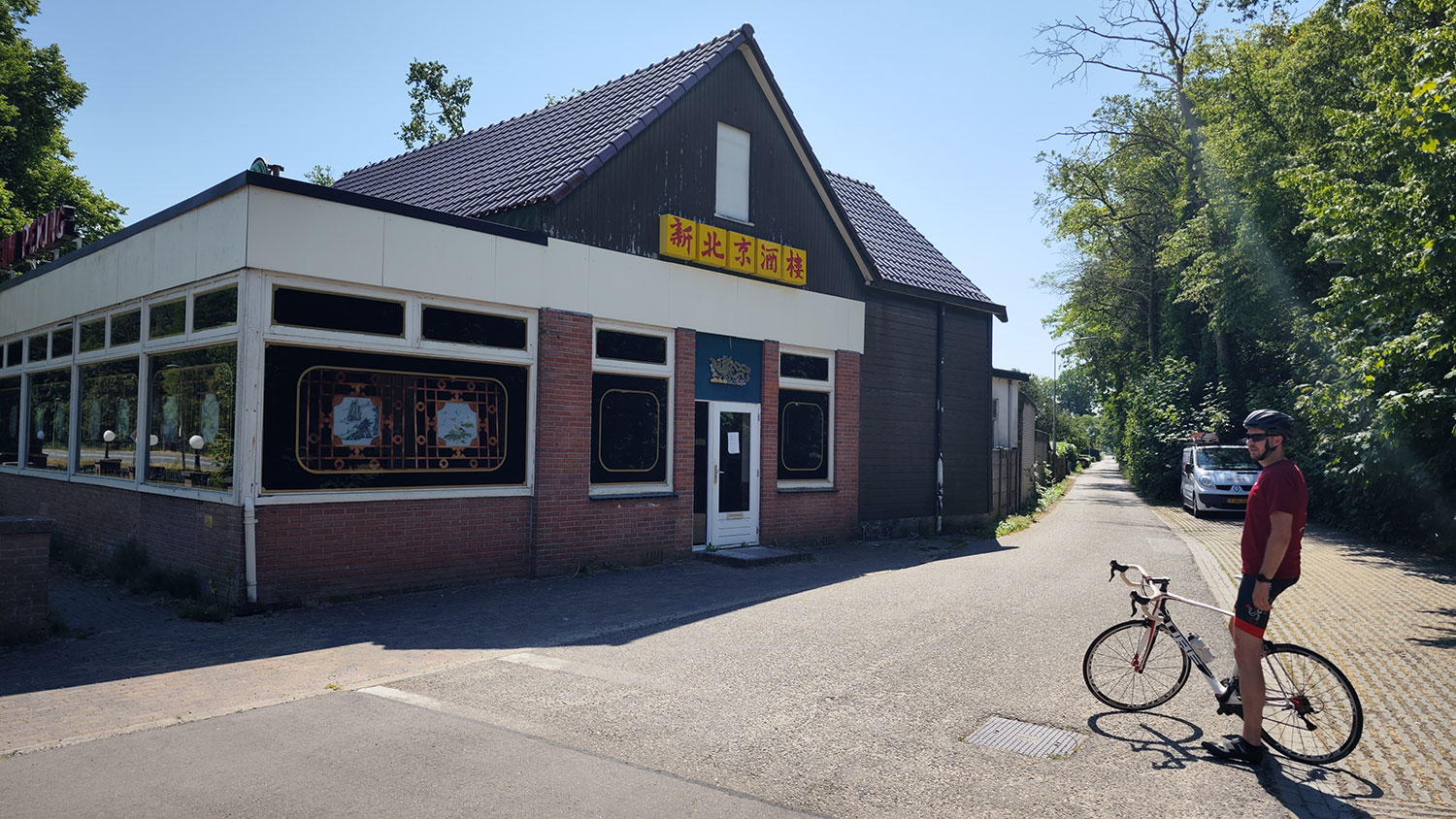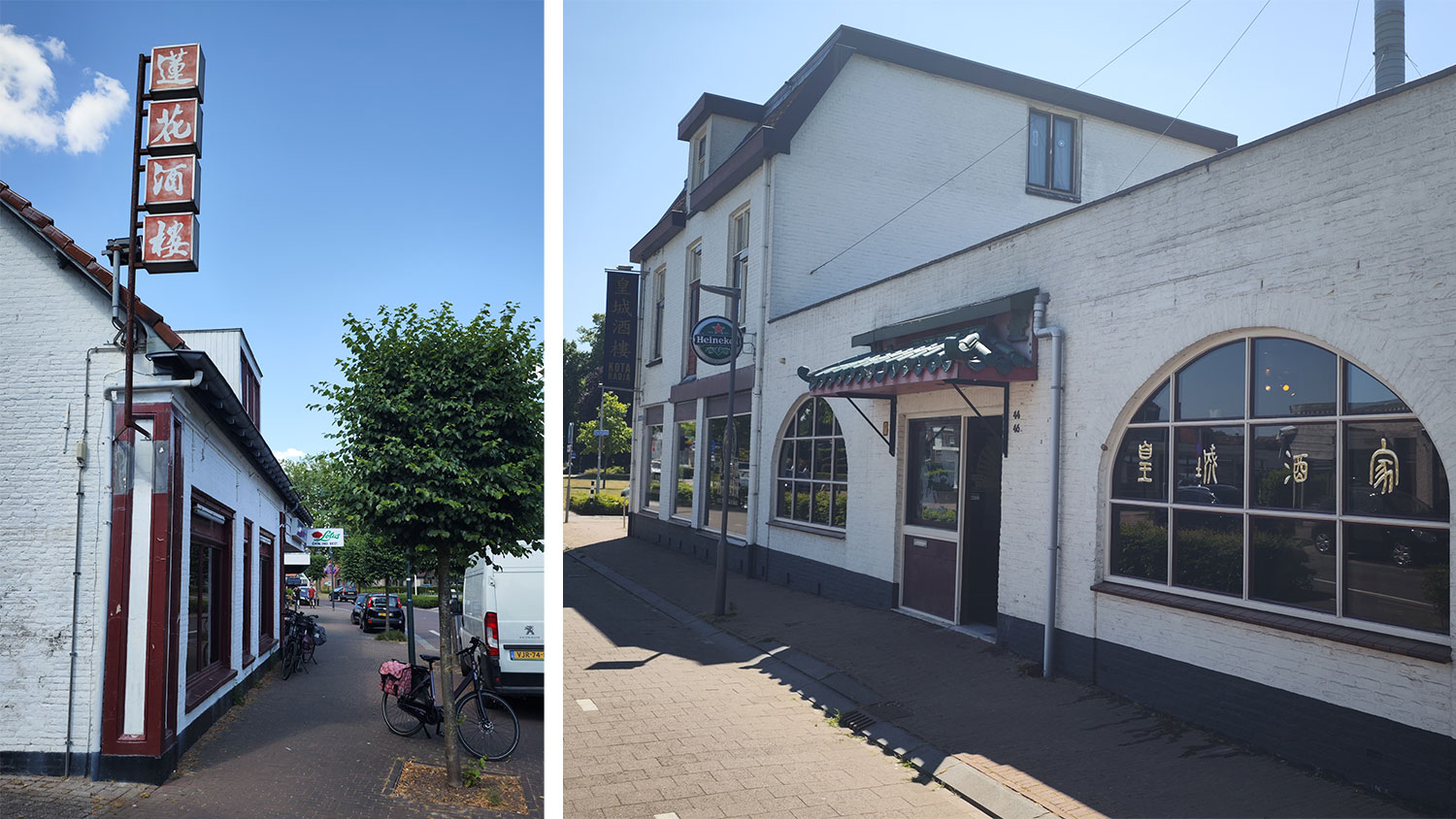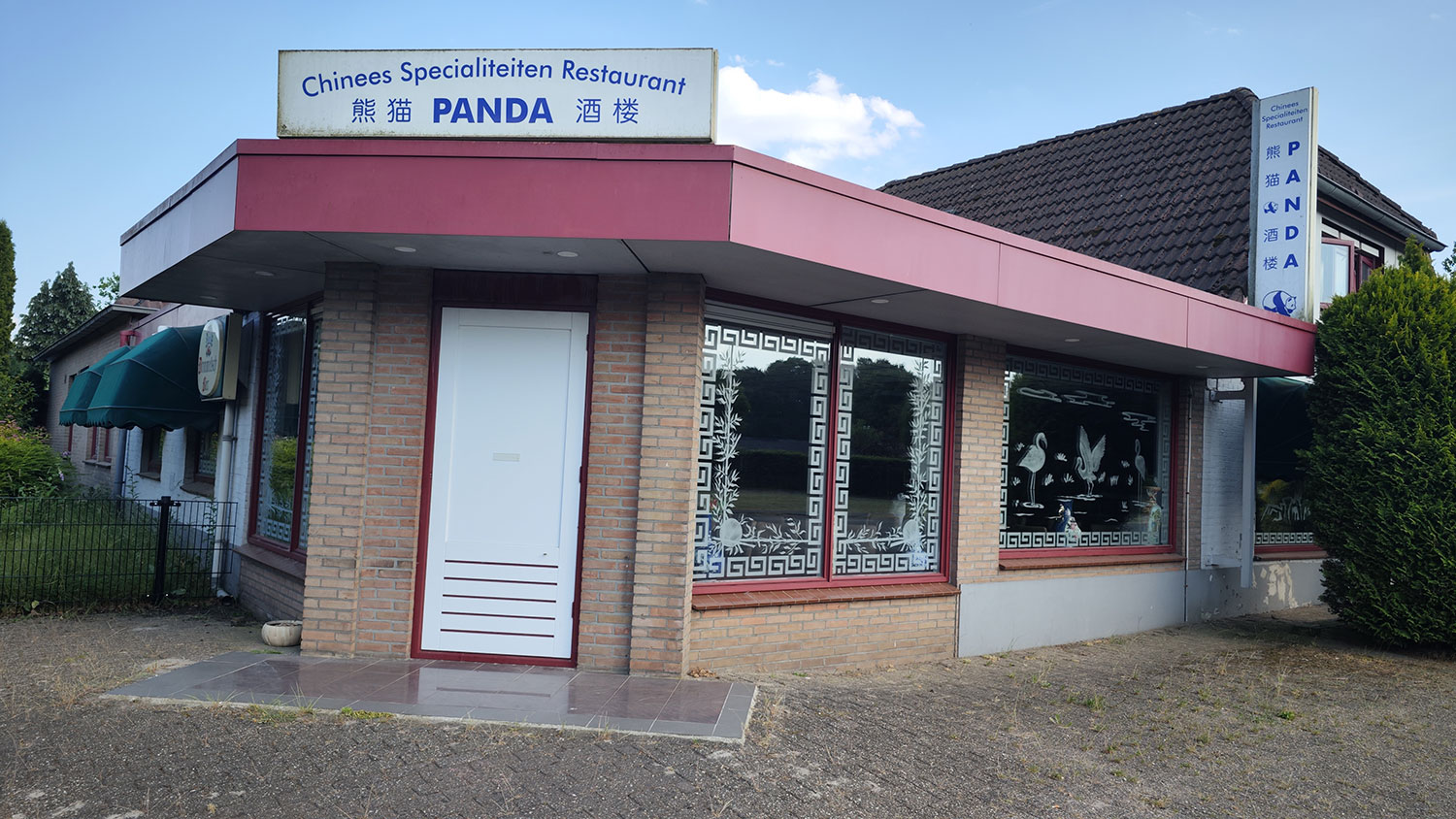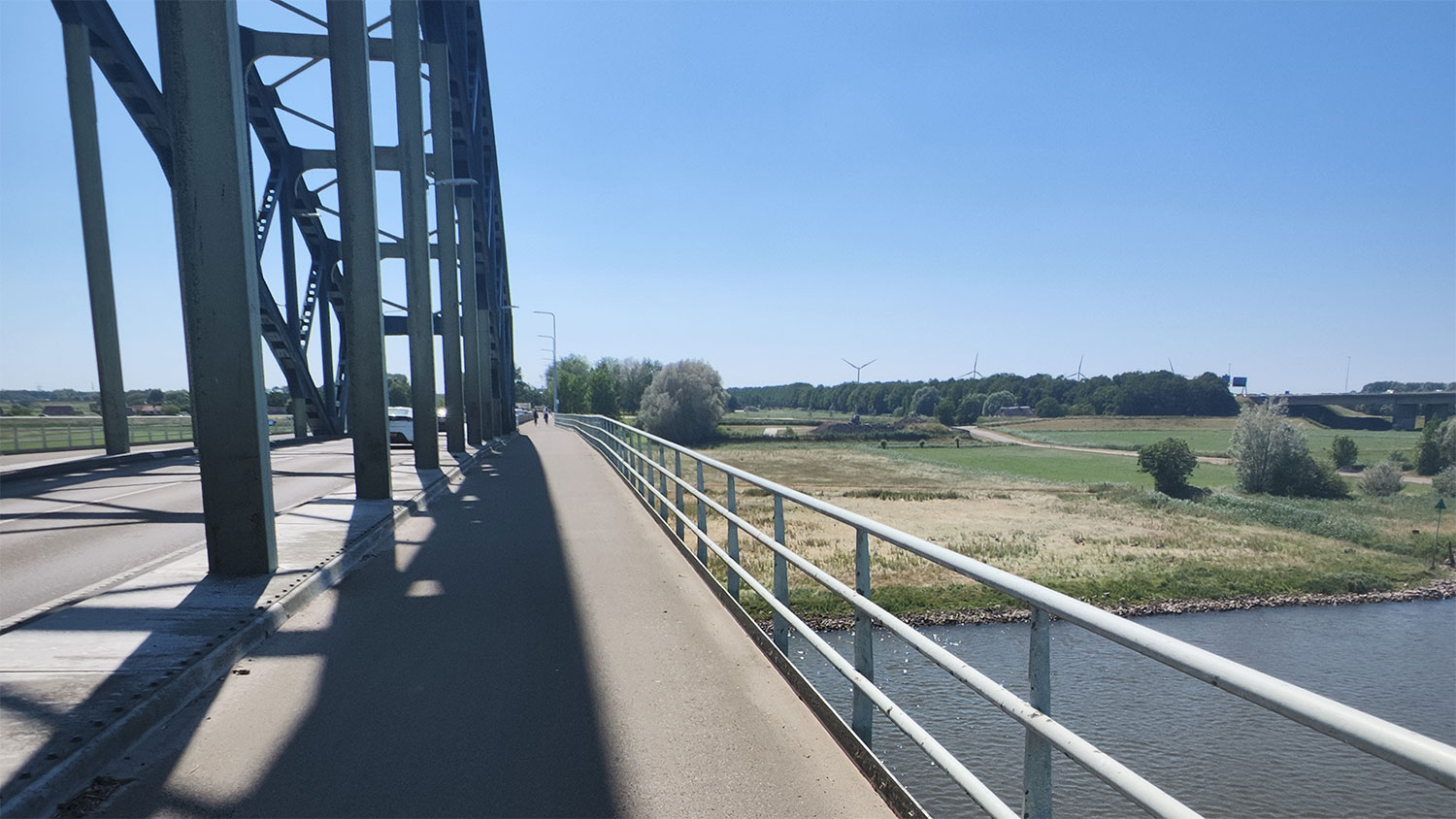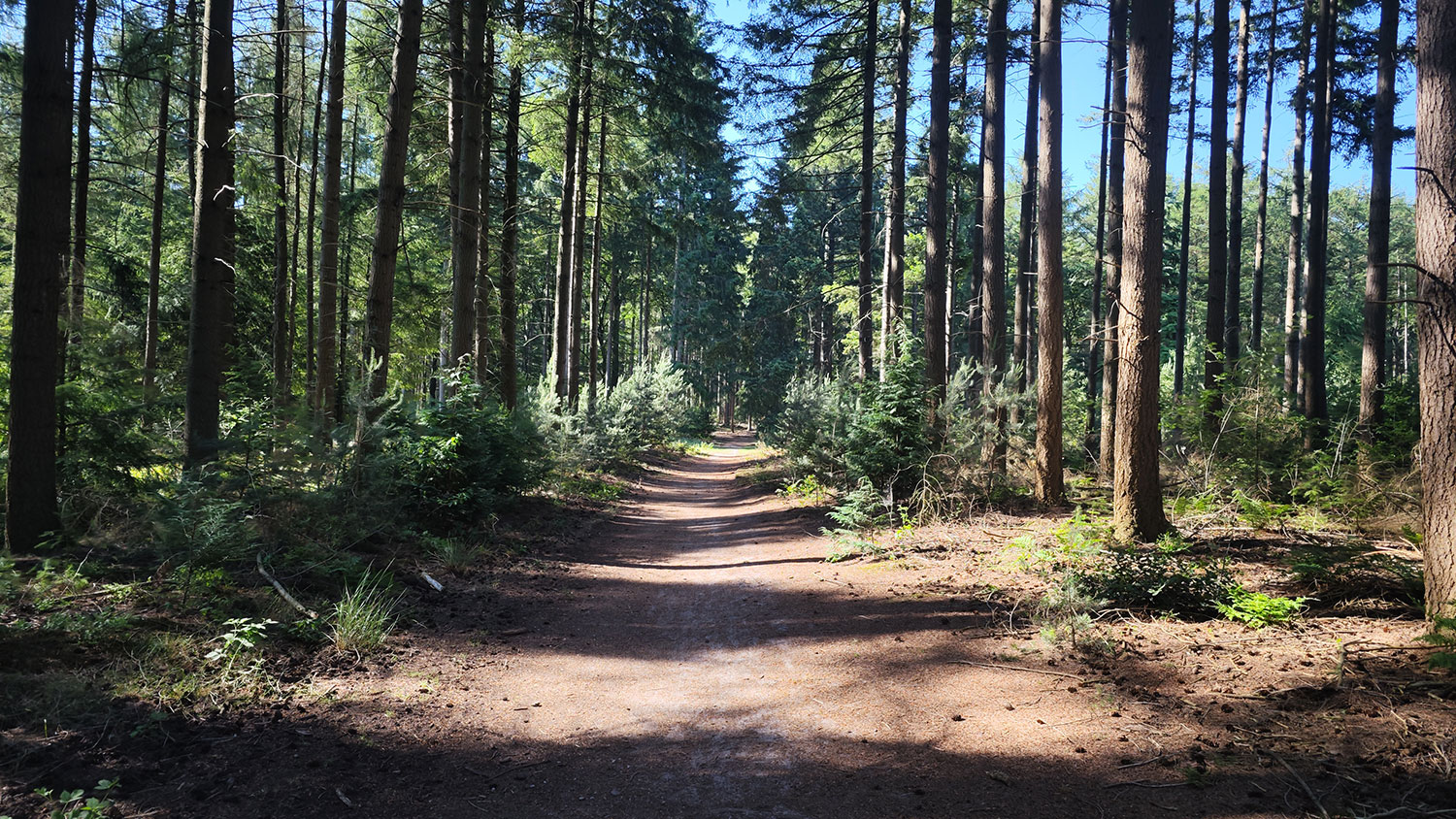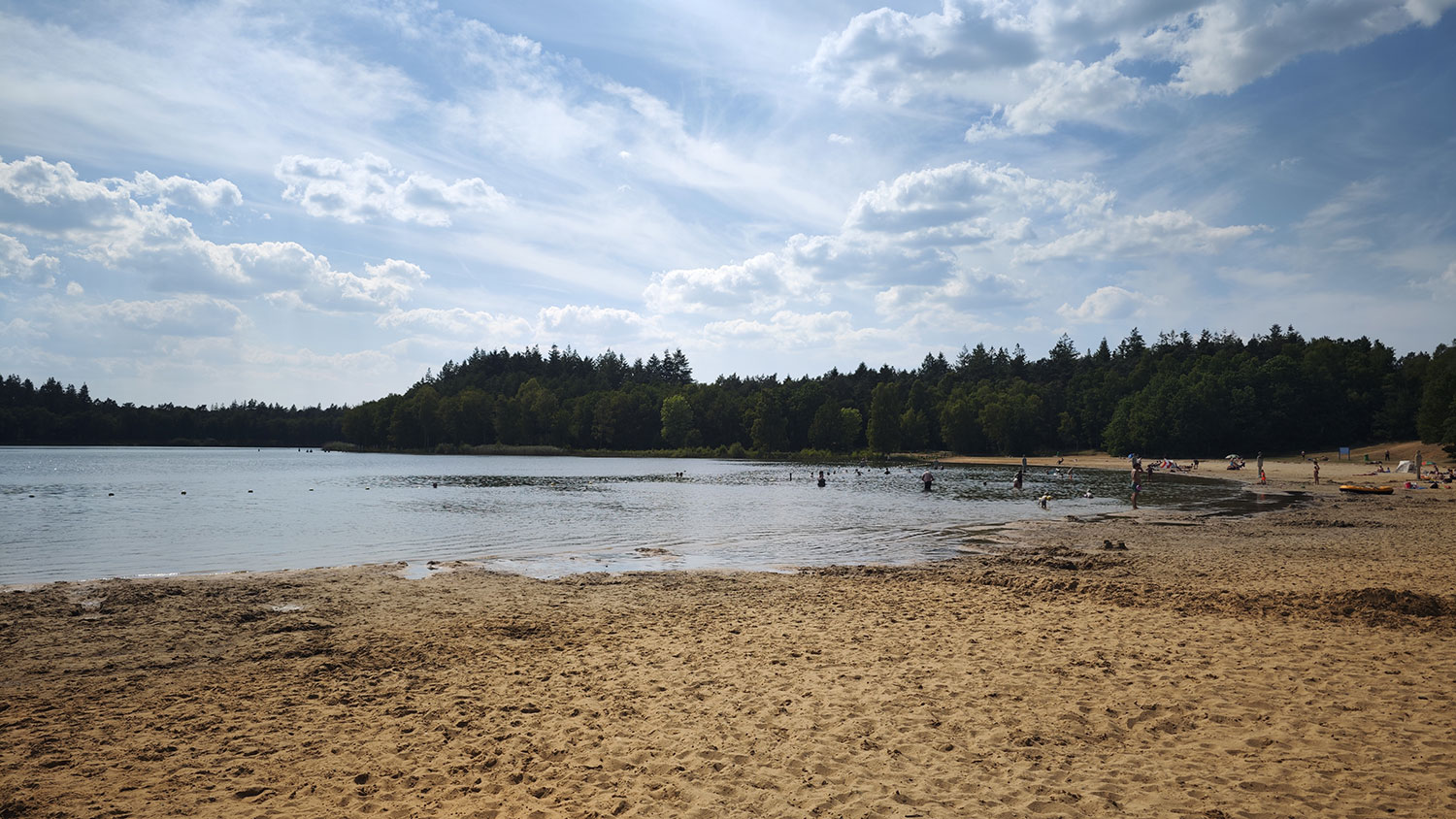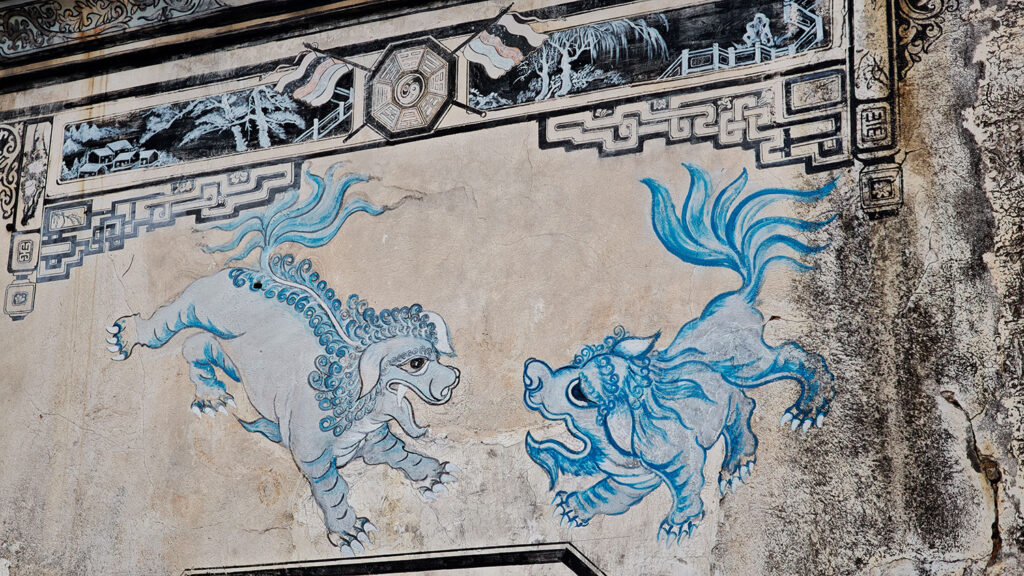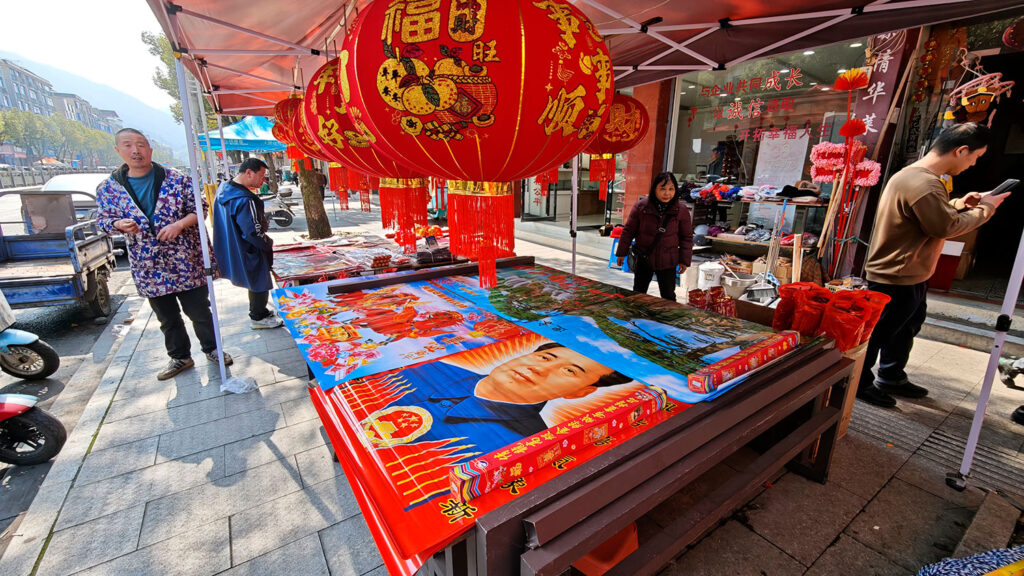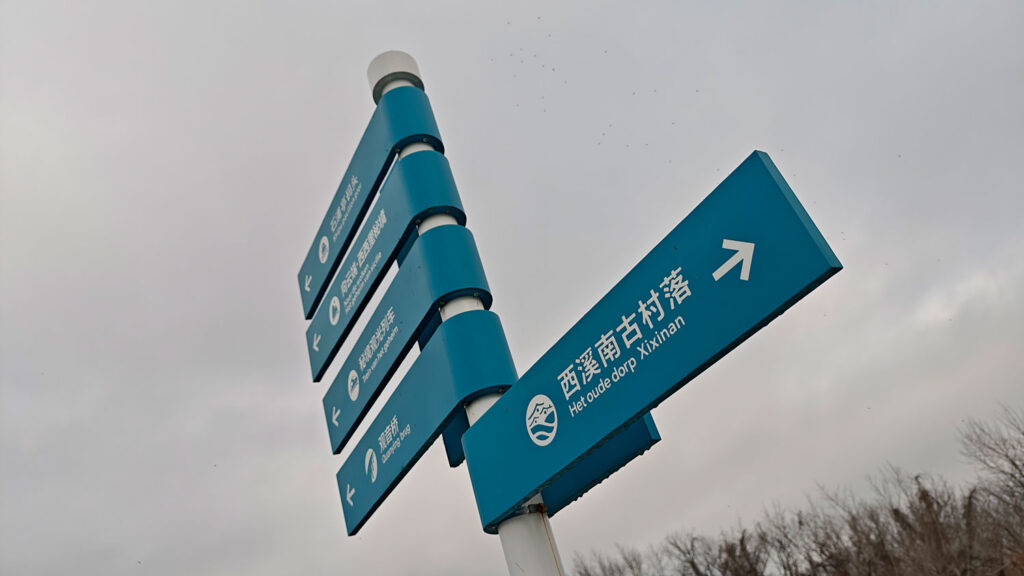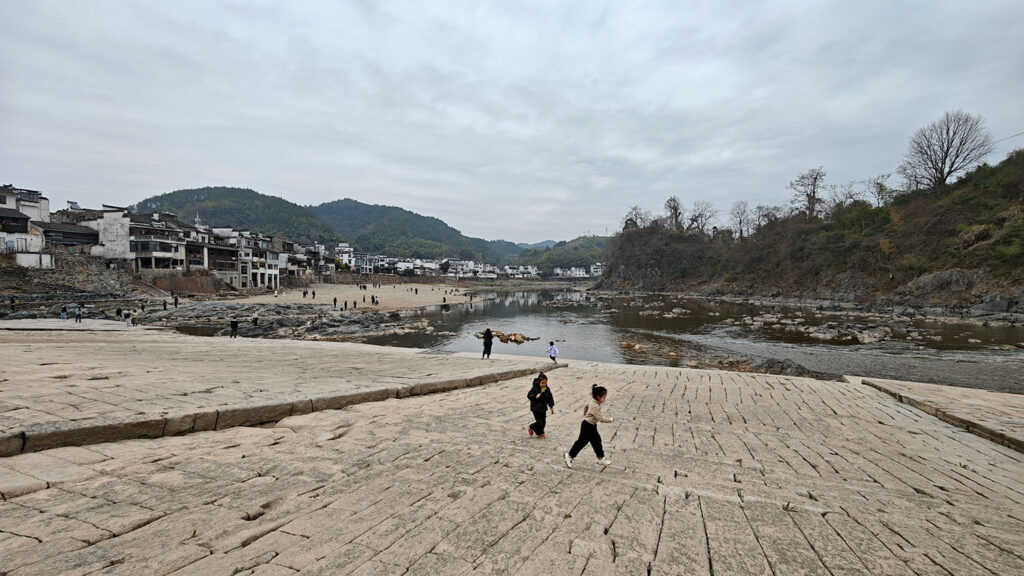I’m in my hometown in the Netherlands, a small city of around ten thousand people. And yet these words are still very much about China. Normally in this space, you’ll find me looking at China through foreign eyes, but like many people who have lived abroad for a long time, I now also feel a bit foreign at home as well.
When I arrived at the airport, I mixed up the words ‘airplane’ (vliegtuig) and ‘airport’ (vliegveld). Later, waiting for the ferry, I see a huge fish and want to tell my brother to look, but instinctively yell in Mandarin. When talking to the cashier I clumsily refuse her brochure in Dutch, and sentences — in whatever language — are riddled with Chinese interjections such as ‘对’ and ‘嗯’ or ‘啊呀’.
I can now read the signs of the Chinese restaurants in the area, but I forgot many other things. Do we tip waiters? (Not really.) Do we wear slippers out of the shower? (No.) Can I refill my water bottle in a restaurant? (Yes.) Do I need to worry whether other people in traffic give me the right of way? (No.) Do people really, unlike in China, wash their underwear with all the other laundry? (Yes, really.) Can we really drink water straight from the tap? (Yes.)
Comparing is easy but I shouldn’t. Prices of products, the size of buildings, or the way people behave in traffic. The newspaper talks of cardiologists being prosecuted for taking bribes. They may take some mild fines, while in China such these penalties are high. We have two cokes and two burgers, converted 400 RMB lunch. Train ticket prices here are crazy as well. Cars in the Netherlands are old, compared to those in Shanghai.
But what I’m really seeing — or comparing — is the life I have lost — the life I could have had — had I not moved to China. Meeting my family again is an enormous joy, but this realization stings. My brother and I cycled eighty kilometers along the river and through the forest. Had I been living here, we could have done this every few weeks. We live one life, and lose other options in the process.
I’m at the clay pit where we used to race our mountain bikes. The opposite ridge is made of loose sand, so you have to pick up a lot of speed to make it to the other side without stopping. I go back to my primary school, and I cross the bridge that I cycled across twice a day for eight years, when going to high school and college. I went back to the train crossing where Arne lost his life, and saw again the tree to which four teenagers from another village crashed their car and died. Its bark still has not recovered, almost twenty on.
There’s another weird realization. I’ve been looking at the Netherlands through online news and the distorted picture it painted. The refugee crisis or huge inflation, the farmer protests, heated discussions about racism, or increased traffic jams. But being in my hometown, I see that nothing has changed except that more people are now on an electric bicycles. This process goes both ways. This is also how people look at China, through headlines in the newspapers or short videos brought by the algorithm — when in fact most Dutch and Chinese people just go to work or school or stores to get on with their lives.
I’m riding my brother’s motorbike through the meadows on the edge of our hometown. A boy sits on the bridge railing without his shirt on, because he’s about to jump into the water. Here the river isn’t deep or powerful, great for swimming. He looks at me, says hello even though I don’t know him, and jumps. I am home.

